Google SEO 101: Website Crawl Budget Explained
For people who are still new to the search engine concept and believe that the results are in real-time, here is a myth buster; it is not. Google or any other search engine for that matter, does not have the computing capacity or the hardware to scan millions of websites in a fraction of a second. Yes, you heard it right! If you were always amazed at how quickly Google fetches your results in a 10th of a second, then that is not due to a computing marvel, but a simpler yet effective way to display results.
Table of Contents
Introducing the Google Crawler
If this is the first you have heard of it, then you surely need to get on the internet a bit more. Well, Google or other search engines have automated bots called website crawlers. These crawlers have one simple task; to visit thousands of websites every day and download all their content on to their servers. That is right, the bubble has burst, and the searches are not live. Even then, the search results are quite impressive and recent. Never feel that you get access to old links as the website crawlers visit a website multiple times a day. It is like a never-ending process and you still get the most recent search results. However, that for website owners, that may be a sign of worry, as they would feel that constant crawling would burden their servers. As a website owner, you would always want to optimize your users’ experience on your website. Therefore, you always want your web pages to load quicker and faster to offer a seamless experience to your visitors.
One of the services you ask for when you contact a company offer professional SEO services in USA, is quicker loading speeds. A professional SEO company would always conduct a load test on your website and let you know the time it takes to load your page. Of course, the best loading time is between 1-3 seconds. However, there are certain websites that can take as long as 20-25 seconds for loading a single page.
There can be various issues for that, such as high-end images loaded on the page, slow server speeds, a malfunction in one of the web applications, and so on. However, once you acquire the best SEO services in USA, you are bound to receive top-notch services, which includes lowering the website load times, reducing the size of massive images that may slow the website and various other optimizations. Well, if you do hire the best SEO services in USA, you are bound to get a little more insight than you could have hoped for, including the website crawling optimization.
How Website Crawling affects website performance
To put it simply, every time your website is crawled, all the content on your website is being scanned and downloaded, which can put your download servers to the test if you opted for a mediocre solution. However, the real tricky part depends on how often you update your website. If you own a website that features news articles or live updates about something, your website is likely to be frequently visited by Google crawlers. While this means that Google’s search engine would always have the latest information from your website, it also means your server will undergo immense load and pressure. This would mean that your website is constantly transmitting data to Google’s servers. If you opted for a server with pay as you go data package, you might be in for a more than expected bill.
Well, this surely does not mean that you should stop making websites. Of course, Google has thought about the stress and load its website crawlers can put on entrepreneurs with a smaller budget, which is why it offers options to customize crawler frequency and access to website contents. Here are few things you should know about website crawlers
Crawl Budget
Google bots crawl a website based on the crawl budget set for the website. If you hire the best SEO services in USA, you might want to ask them the expected crawl budget for your website as well as the ways it affects your server management and load. Crawling bots visit the websites based on the crawl budget assigned to them by Google. Of course, Google has an equation to calculate crawl budgets for each website individually. Therefore, each website has its unique crawl budget and it is not determined by a universal rule. Therefore, even if you are a small website owner, you do not need to worry about a crawl budget for a massive website with thousands of pages.
How does Crawler determine crawling budget
Now Google uses a range of smart functions to determine the frequency of website crawling activity. For example, when you set E-Tags and headers for the website, Google with crawl your website based on the last update activity on your website. Similarly, Google with determine the amount of searches made on its search engine that matches your E-tags and headers to increase or decrease crawling activity. E-Tags also act like digital fingerprints for Google’s crawlers and notify for any changes made in website content. Therefore, if you frequently update your website or make changes regularly, expect to see a lot more crawling activity.
Who is most impacted by Crawling?
As discussed earlier, the amount of update activity on a website determines the amount of crawling activity. Therefore, the more you update your website content frequently, the higher the crawling activity. This means that ecommerce businesses and websites with new updates have the highest crawling activity. Since ecommerce businesses have live inventory modules and frequently add products on their website, Google will increase the crawling activity to make your updated products available during search results. The same goes for websites that are updated several times in a day to bring the latest news to their readers. Since Google does not fetch live results, it will constantly crawl your website to bring the latest news during search results.
Restricting Crawler Access
Now here is an interesting fact; Google gives website owners the ability to limit website crawling activity to lower the burden on their feeble servers. Of course, if you installed a high-end server with sufficient load handling capacity, you do not need to worry about anything. However, if you went for a budget friendly website server with limited bills each month, then you need to restrict crawler budget for your website to make reduce the burden on your servers. This can be done with the help of a SEO company. All you need to do is ask them to restrict crawler activity to certain elements and pages that are not regularly updated, as well as restrict access to applications that are used for internal purposes only. For example, restricting access to the cart and its elements will help in shortening the crawling activity on your website. However, it is recommended that do not restrict crawler access to your robot.txt file, as it holds important CSS coding, which enables Google to illustrate how the website appears to the visitors.
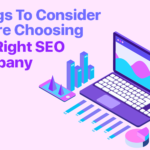
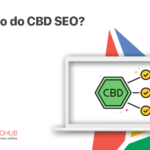

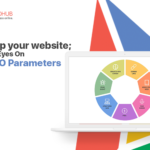

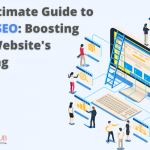
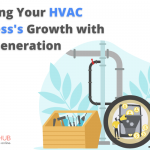
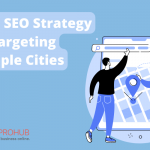

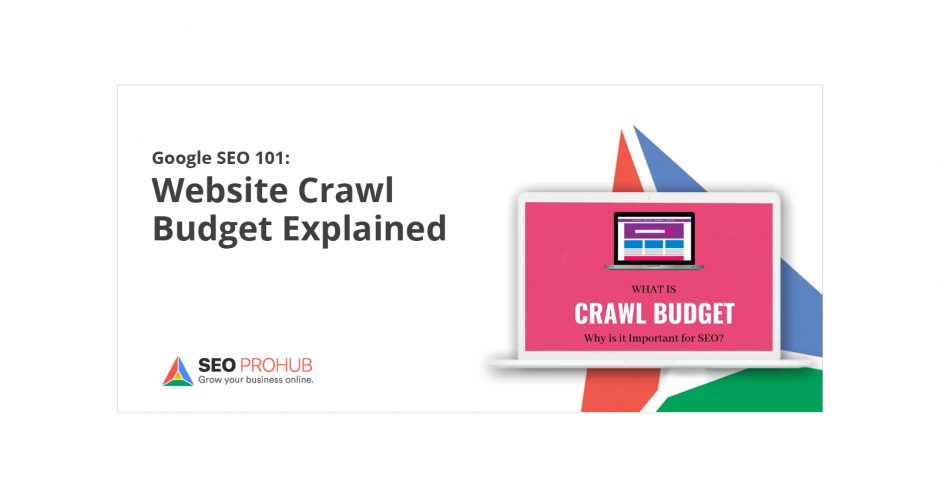

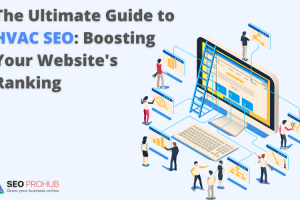
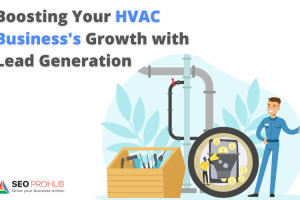
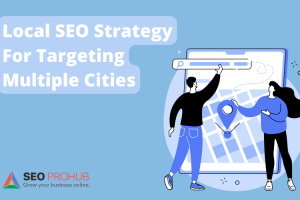
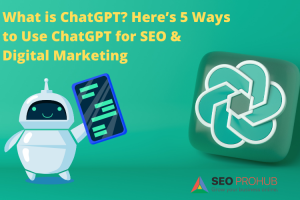
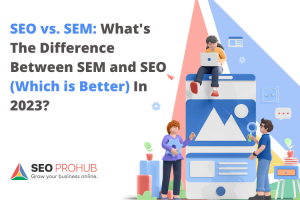
No comments